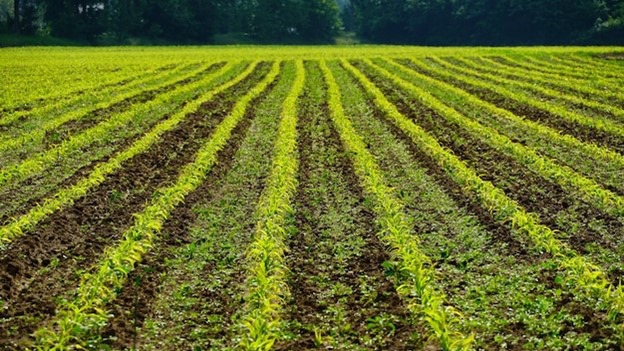The Benefits of Cover Crops for Soil Health and Fertility
Soil is an essential element that can also be termed the foundation of farming. Plants need certain nutrients and macronutrients in order to grow, and soil is the natural source that fulfils all their nutritional requirements. Healthy soil is not only required for the overall growth of a plant but also to maintain its health. But factors such as soil erosion, soil pollution, etc. can cause soil to lose some of these important nutrients over a period of time. Due to this, soil fertility also gets impacted, resulting in reduced crop yields. Soil infertility is one of the most common problems faced by farmers. But the good thing is that there are a number of solutions available for increasing soil fertility. Cover crops are undoubtedly the most effective of all of them.
What are Cover Crops?
Cover crops, as the name suggests, are plants that are used for the conservation of soil. These crops are primarily planted for soil health improvement rather than for the purpose of being harvested. There are several plants that can be used as a cover crop, including clover, legumes, radish, buckwheat, etc.
These plants can not only reduce (or sometimes eliminate) soil erosion but also increase rainfall infiltration into the soil layer. This helps keep the soil enriched with essential nutrients such as nitrogen, phosphorus, etc. and increases soil organic matter. There are two different types of soil fertility: natural and acquired. Planting cover crops is the best way to boost natural soil fertility.
Benefits
Here are a few major benefits of using cover crops:
Higher Soil Protection
Cover crops offer an additional layer of protection against certain weather elements such as rain, storms, etc. When rainwater hits the ground, it results in the displacement of soil, a major cause of soil erosion. With the help of cover crops, you can protect the soil and reduce soil erosion to a significant level.
Nutrient Retention
Cover crops are known for minimising nutrient losses in soil, which is a common aftermath of leaching. Other than this, certain plants also play a major role in restoring essential nutrients to the soil. There are plenty of cover crops that help in nitrogen fixation by building reserves of this important nutrient.
Weed Management
Weeds are among the biggest problems in agriculture. They not only restrict plant growth but also have a negative impact on their nutritional content. There are chemicals available in the market known as herbicides that can be used for weed control. But like any other chemical, they also have a few side effects. This is when cover crops come into the picture as a better alternative to these herbicides. There are a few cover crops with exceptional weed suppression capabilities. They can not only help reduce the growth of these unwanted plants but also maximise the overall crop yield.
Pest Management
Just like weeds, pests are another major problem commonly faced by farmers. If you don’t want to use any kind of pesticide, then cover crops can be your best bet. These plants are known to encourage the growth of natural enemies of pests. There are certain invertebrates, such as insects, arthropods, nematodes, etc., that can help control crop pests. Given all these advantages, cover crops can have a positive impact on not only soil fertility but also its overall health. When done right, it can significantly increase the crop yield and enhance its nutritional value as well.



